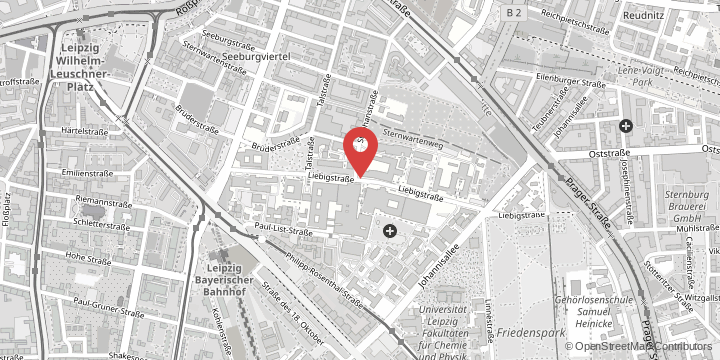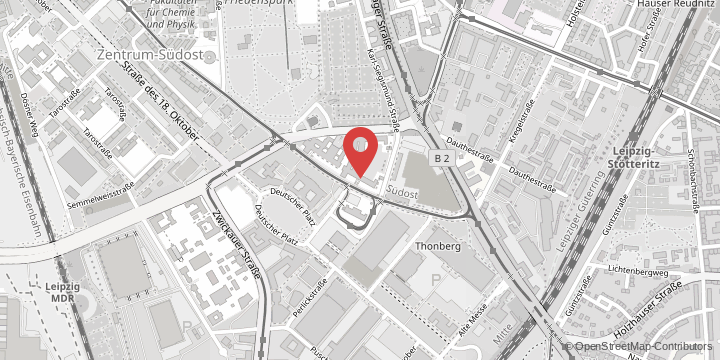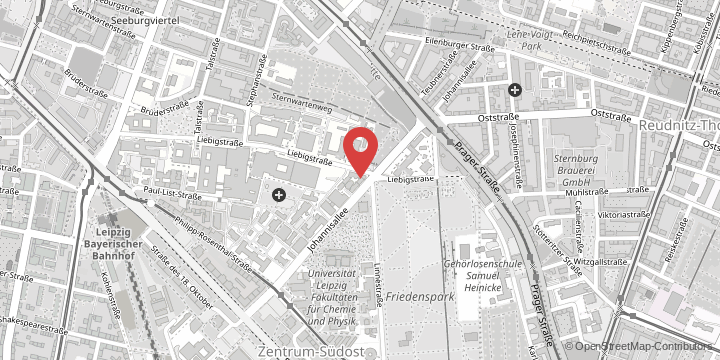The Joint Master’s Programme of the Arqus European University Alliance was established to provide a multidisciplinary understanding of Europe’s role in the world. It provides an assessment of the relationship between Europeanisation and globalization, the impact of global developments on Europe, and the changing role of the continent in the new world order. The jointly developed programme brings together the University of Granada, University of Graz, Leipzig University and Vilnius University, who award together a joint degree.
At a glance
-
Field of study
social sciences -
Degree type
postgraduate -
Degree
Master of Arts -
Language of instruction
English -
Full/part-time
full-time, part-time -
Course start
winter semester -
Admission restriction
national admission restriction -
Standard period of study
4 semesters
-
ECTS credits
120
Requirements
- Completion of a six-semester BA programme or a similar degree of EQF6 according to the European reference framework in the various fields of the humanities and social sciences. Admission is possible also with a bachelor’s degree in related fields in life and natural sciences – for example, dealing with societal aspects of technological transformation, climate change, and public/global health – if a convincing explanation of a strong motivation for this special study programme can be given.
- Knowledge of English at B2 level of the Common European Framework of Reference for Languages (C1 level being recommended)
- Aptitute Test: The fulfilment of the critera listed will be checked by the faculty and the mobility partners within the consortium. The decision subsequently issued by the faculty serves as proof of the corresponding admission requirements. The application for the aptitude test is done via a separate portal. Please note that the application deadline is 15 April 2023.
Fees depend on the individual study path and can be checked on the website of the Arqus Alliance.
Contents
The research-oriented and interdisciplinary transnational Joint Master’s Programme analyses Europe’s past, current, and envisioned role in the world at large. It is distinctive from programmes on a bachelor’s level owing to its implementation of multiperspectivity and systematic deepening of the relation to current research. Based on up-to-date research and in an interdisciplinary manner, the programme addresses the many topics belonging to this vast area of expertise. It combines different approaches to the subject and introduces students to a multidisciplinary perspective, increasing their ability to analyse and understand new developments in Europe’s role as a global actor in an original and innovative way. This will result in the necessary competencies to adapt to a changing world and to face new challenges in creative ways.
Against the background of a growing number of global trends and factors to be considered and the increasing complexity of the ever-denser relationships between EU and non-EU members, the main aim of the Joint Master’s Programme “European Studies” is to train students in addressing the relationship between Europeanization and globalization in a multi- and interdisciplinary way and to consider Europe/Europeans as global actors. The research-based analysis will enable students to make independent contributions to the analysis and design of future-oriented political, economic, social, and cultural projects run by Europeans. For this purpose, the study programme brings together the expertise and knowledge of different European universities in a consortium.
The structure of the programme follows a unique approach, that combines joint online learning and specialized offline courses at the partner universities.
There are two types of modules. On the one hand, there are modules that are offered jointly by the consortium, which strengthen the virtual mobility between the study places. Students come together for joint classes, and lecturers from all participating universities teach on topics they are particularly qualified for. The offline course is taught by local lecturers but is thematically and methodologically related to the online course, deepening the learning objectives using local specialized knowledge.
1. Semester
- An Introduction to European Studies – Methods, Traditions and Future Challenges to Knowledge Production about Europe
- Europeanisation under the Global Condition – History, Economics and Politics
- Europe and Law
2. Semester
- European Foreign Policies
- Regions in Europe
- Social Transformations in Europe
3. Semester
- Europe and Development – Developmental Policies
- Global Challenges and European Answers
- Cultural Representation in Current European Societies
4. Semester
- Europeanization and Globalization
- Colloquium: Europe as a Global Actor
- Master Thesis
- Curriculum compulsory in English
- At the partner universities elective courses in German, Spanish, Lithuanian possible
- Award of a Joint Degree issued by the universities Graz, Granada, Leipzig and Vilnius
- Virtual study components
- Integrated study abroad at a partner university of the Arqus Alliance (Graz, Granda, Vilnius)
Depending on the combination of the bachelor’s degree and specialization in the Joint Master’s Programme, the professional degree provides access to
- Intergovernmental institutions, multilateral organizations, and non-governmental organizations;
- Intercultural knowledge transfer/communication;
- Journalism and public relations for international organizations;
- Public administration at all levels, from local units/municipalities to supranational units; and
- Subareas in business and management, especially when it comes to cooperation with a European dimension.
The joint degree documents the international components in a transparent way and strengthens employability of the programme graduates worldwide.
An internship can be completed as part of the degree program, which should establish content-related as well as personal references to the future professional field. It can also be the basis for a practice-relevant topic of the master's thesis.
The study program can be started at any partner university (Graz, Granada, Leipzig and Vilnius). For the joint degree, you will complete at least one semester at one of the partner universities. This stay abroad can also be completed virtually.
Application
- Course start: winter semester
- Admission restriction (NCU): yes
- Application period: until 15 March
- Application portal: Online platform of the Consortium
Internationality
Physical mobility is greatly encouraged but is not compulsory in this programme. It may take place from the second semester onwards. Preference is given to candidates who choose a physical mobility track within their application. Applicants can indicate a preference for the study places in the application. However, the selection committee makes the final decision on the mobility track with respect to the applicant’s preference, qualifications and specialization. Once students have enrolled in the programme, their mobility track becomes part of the study agreement and can only be changed from both sides in the case that substantial changes are necessary due to extraordinary circumstances.
Curriculum compulsory in English
Award of a joint degree with the partner universities Granada, Graz and Vilnius






























































